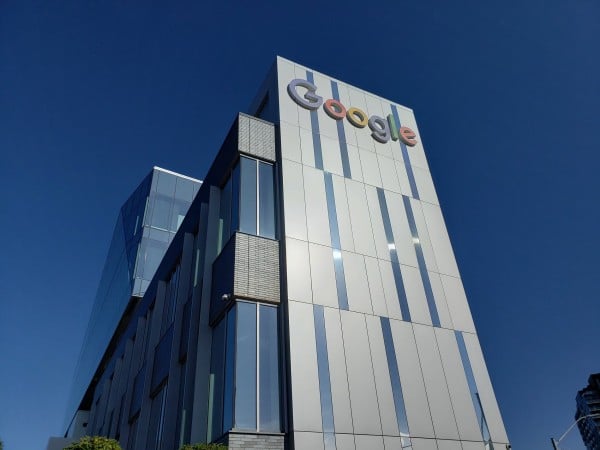A lesson from Great Britain
In 1606, King James I of Great Britain chartered the colonization of the American coast. Britain offered protection, resources, and amazing tax incentives to its colonists. Their innovative approach of expanding their empire led to footings in India, Central America, the Caribbean islands, and a firm grasp on everything east of the Mississippi River in North America by 1770.
What happened next is an astounding bit of history.
Britain’s initial posture of incentivizing and supporting their colonists morphed into them squeezing their colonies financially. This led to much opposition, which they used force to silence. Britain thought it was big enough that it could demand compliance. It turns out they were wrong.
This transition from growth by innovation & incentivization to attempting to force growth by squeezing constituents is a trend that can be seen in the rise and fall of many other world empires throughout history. A similar trend can also be seen in many once-big corporations, such as the collapse of Blockbuster, GM, and more than 250 other companies from the Fortune 500 list that have gone bankrupt, been replaced in their market space, or ceased to exist since 2000.
The progression seems to be:
- Innovate by focusing on your customers/constituents well being. This leads to explosive growth.
- Eventually, that growth begins to slow, and innovation wanes. New rules are put in place in an attempt to “force” further growth and profit.
- This causes the entity to become increasingly vulnerable to the rise of a more innovative organization that is primarily focusing on its customers/constituents well-being.
- A battle ensues for the market or territory.
- Eventually, a more innovative, customer-centric organization topples the entity that was once thought to be too big to lose.
So what does this have to do with Google?

Google has long been juggling two different customer bases with competing priorities: Advertisers vs Consumers.
Advertisers use Google as a marketing company. But most everyone else uses Google as a search engine to find answers to their questions.
In other words, Google makes money by helping advertisers reach consumers, but it simultaneously needs to meet the needs of its search engine users and not overwhelm them with unwanted solicitations, or it risks losing the very users that advertisers are paying to reach.
That’s a difficult tightrope to walk.
Especially when Google already owns 83.49% of all global searches. In other words, there’s not much room left for them to continue growing in their market share.
So what’s their strategy? Are they consistently seeking to innovate in ways that are consumer-centric? It appears to be the opposite.
A quote from one of Google’s founders in 1998 reads:
“Currently, the predominant business model for commercial search engines is advertising. The goals of the advertising business model do not always correspond to providing quality search to users…we expect that advertising-funded search engines will be inherently biased towards the advertisers and away from the needs of the consumers…Furthermore, advertising income often provides an incentive to provide poor quality search results.”
The more Google gives the advertisers what they want, the less the user gets what they want… and this catch-22 is reaching a fever pitch. Google used to limit the number of ads they displayed at the top of search results to ensure that it wasn’t “too hard” to find what someone was actually searching for. But now the entire first page of your search results could often be ads. So how is Google responding as more and more users get fed up and switch to more innovative alternatives, like DuckDuckGo, Bing, or Reddit?
They are squeezing their customers. Here are a few alarming statistics:
- Based on Alphabet’s Q2 2023 earnings call, $58.1b of Google’s $74.6b annual profit comes from Advertising (78%).
- The cost per lead in 21 out of 23 industries increased year over year for an overall average increase of 19% in 2022.
- The average overall conversion rate, however, decreased by 14%.
This is a recipe for disaster for small and medium-sized business owners with limited budgets and likely little understanding of how to avoid being gamed by Google or bots.
How long until these businesses realize that Google makes marketing recommendations with Google in mind, not them? When will they realize they may be able to get MUCH better results from Bing or other alternative search engines?
Finding More Innovative Alternatives
While most digital marketing firms still gladly do Google’s bidding, my partners and I always focus on your business’s growth.
So, while we’re experts with Google, we always do our research to find the best places and avenues to market our clients, both on and offline. If you’re interested in learning more about the best means for marketing your specific business, you can book a discovery call here.
- Which Marketing Strategy is Most Effective? - February 10, 2025
- How to Become Famous on a Small Marketing Budget - January 31, 2025
- Is ROAS the Crown Jewel of Marketing Metrics? - January 23, 2025

